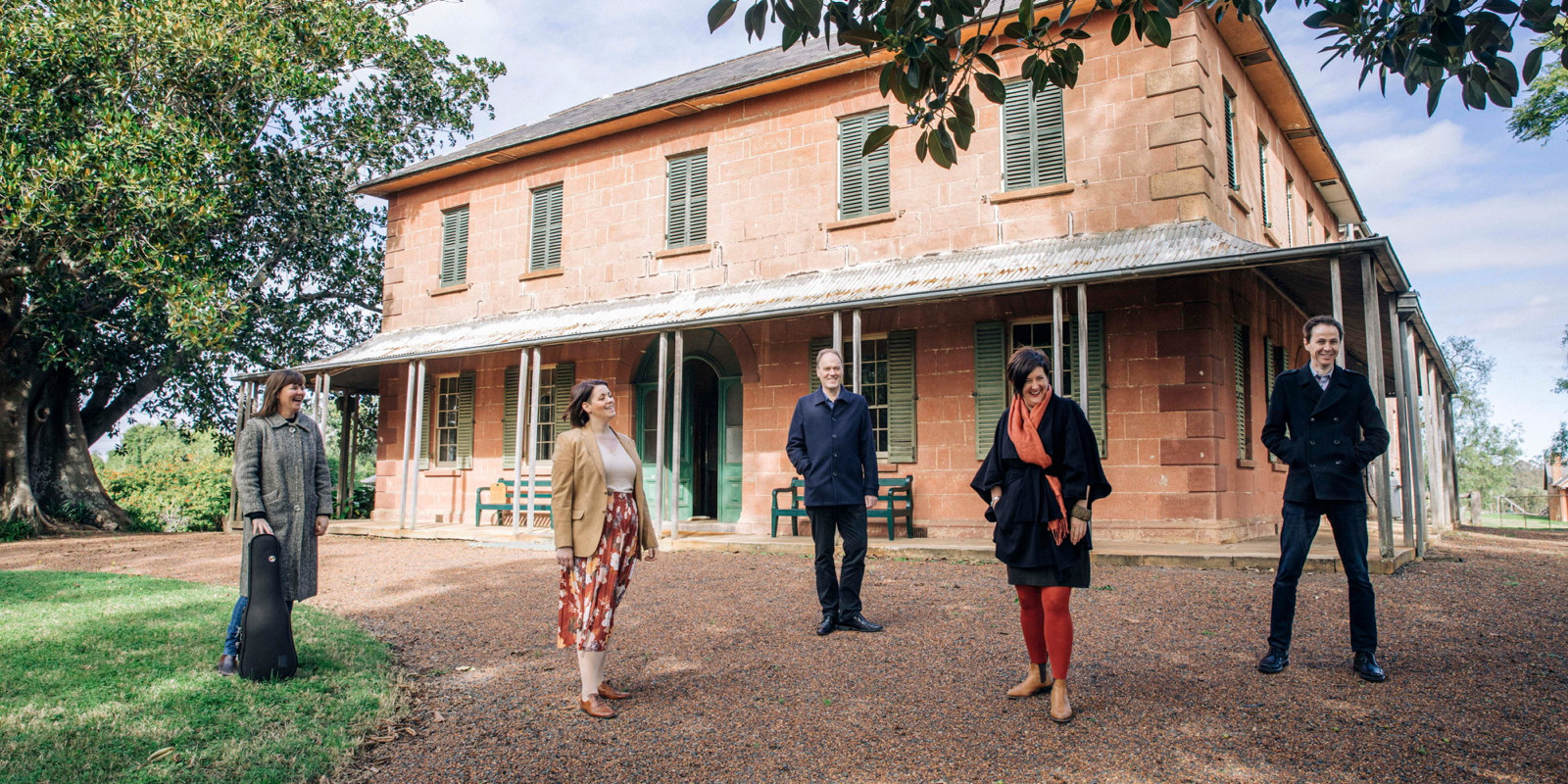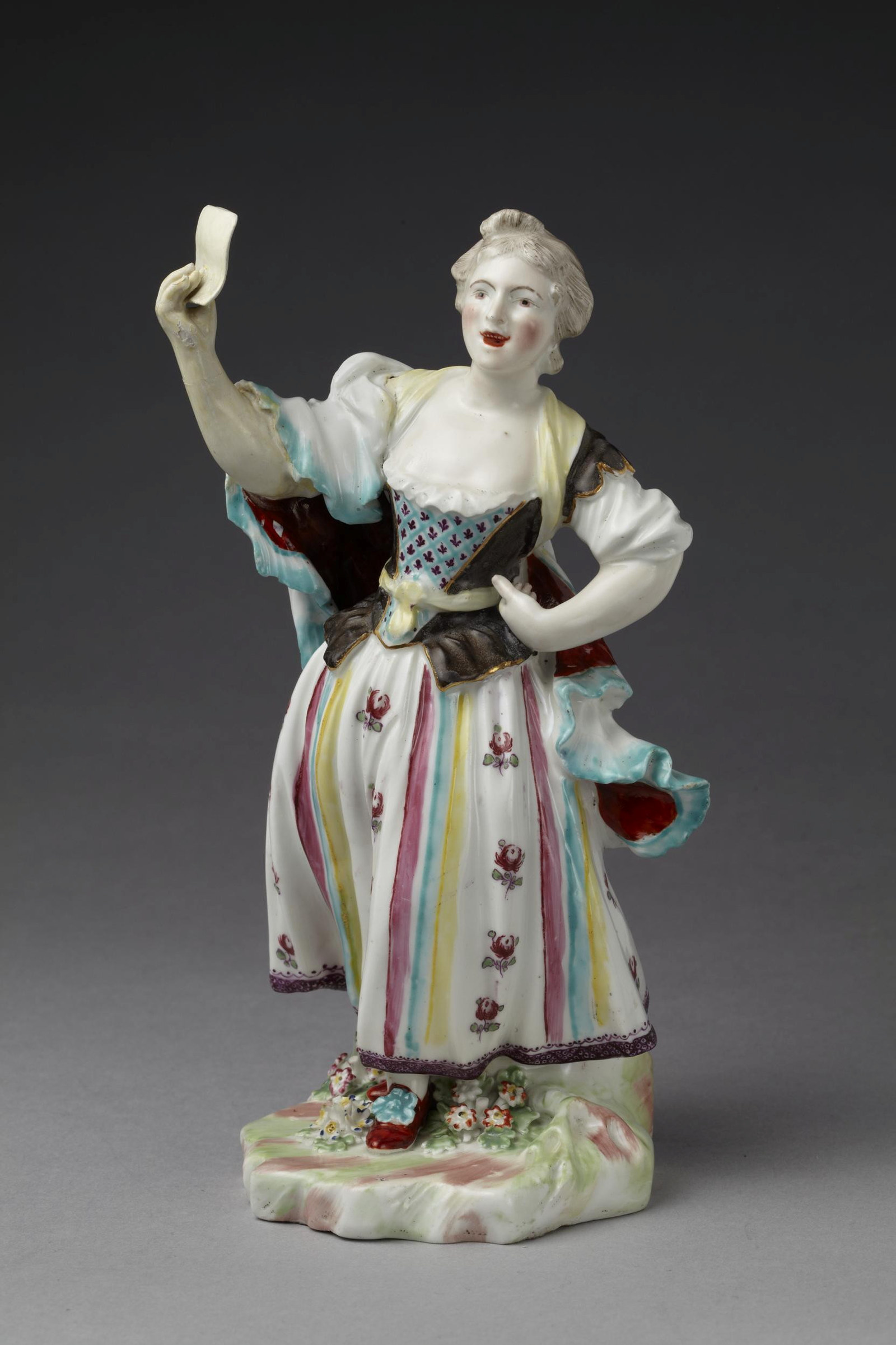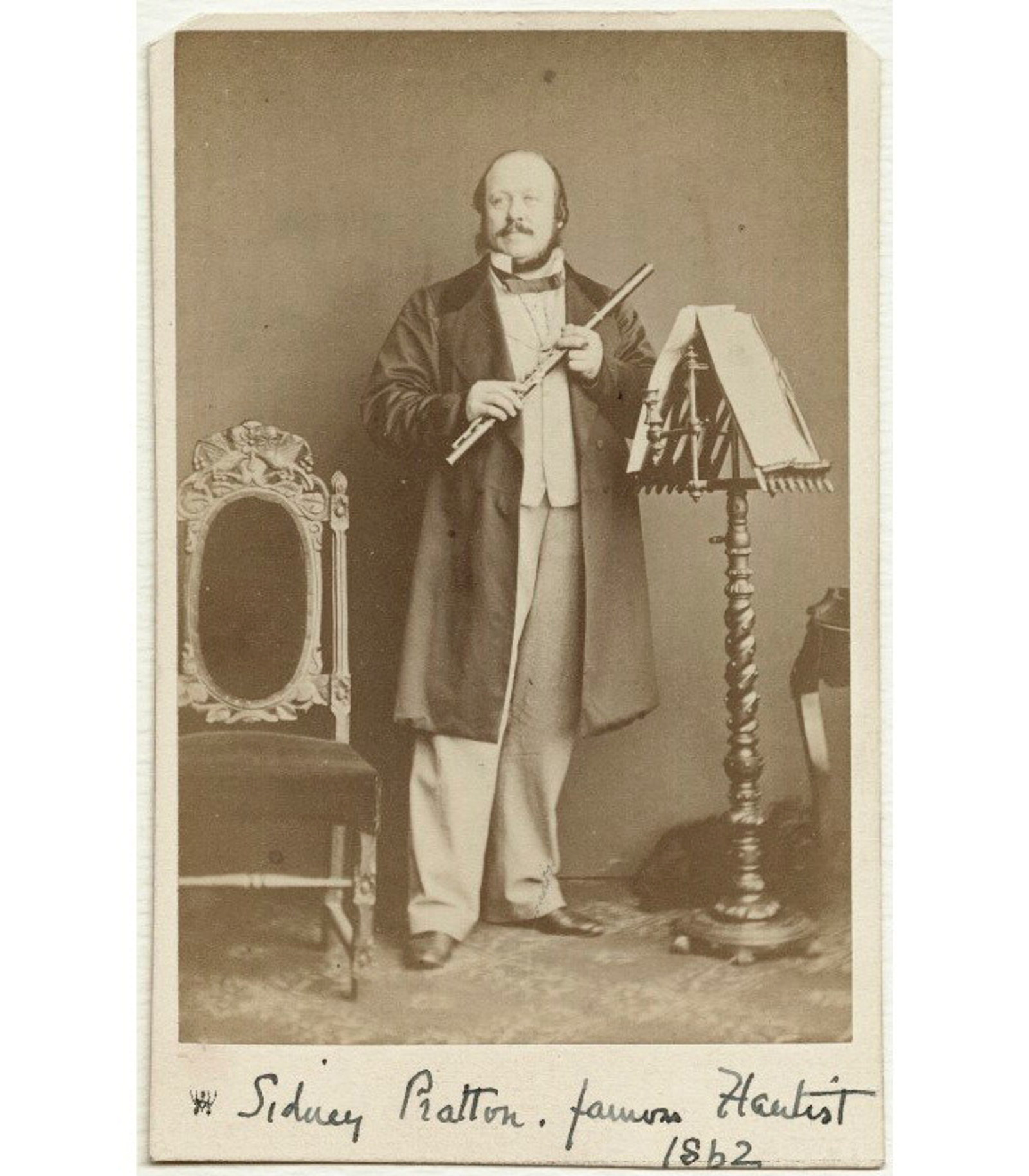‘The Letter’
Originally written for voice and piano, ‘The Letter’ is one of a dozen tunes from a series called the ‘Superstitions of Ireland’ originally published in London in the late 1830s.
Raised on Irish folk songs sung to him by his mother, Samuel Lover (1797-1868) had been a precocious child and his talents in music, literature, and drawing led to a long and rich professional life both on and off the stage. Each of these songs opens with a short paragraph describing an Irish superstition that sets the scene. ‘The Letter’ begins:
A small spark, attached to the wick of a candle is considered to indicate the arrival of a letter to the one before whom it burns.
This song was discovered in the Rouse Hill Estate collection by the Sydney Children’s Choir and has been transformed into a new work for 22 voice choir, violin and piano. The choir was filmed performing the piece at Rouse Hill Estate.
Watch the performance
Listen to the Sydney Children’s Choir perform ‘The Letter’ and then have a go yourself! This is the only known recording of this song so you can help us share more versions with the world.
Supported by: City of Sydney
More music

House Music at Your House
We delved into the hundreds of popular songs that survive in the collection at Rouse Hill Estate in north-west Sydney to bring you the top 20 hits of the 1840s and 50s – songs played across NSW, Australia and overseas
Published on
Related
Browse all![Owner bound volume of assorted songs, in the collection of Rouse Hill House & Farm, 1850-1864. [music]](https://images.slm.com.au/fotoweb/embed/2023/10/d2e0918e22304feb90e19681abbaafec.jpg)
‘Gii, Gundhi (Hearts and Homes)’
A single song can have a thousand meanings depending on its interpreter. Yuwaalaraay storyteller and musician Nardi Simpson shares her version of a 19th-century parlour song
![Owner bound volume of assorted songs, in the collection of Rouse Hill House & Farm, 1850-1864. [music]](https://images.slm.com.au/fotoweb/embed/2023/10/3810c07fd7fc4a78bcb41f48b8597385.jpg)
‘Hearts and Homes’
Little-known today, composer and music publisher John Blockley (1800-1882) was well-represented in the drawing rooms of Sydney in the 19th century

‘The Ballad Singer’
Romanticised themes of antiquated English traditions continued to feature in songs popular in Australia in the mid-nineteenth century

‘Too Late! Too Late!’
Keeping it in the family - we could say that this comic song is a ‘cousin-by-marriage’ of one of our previous songs